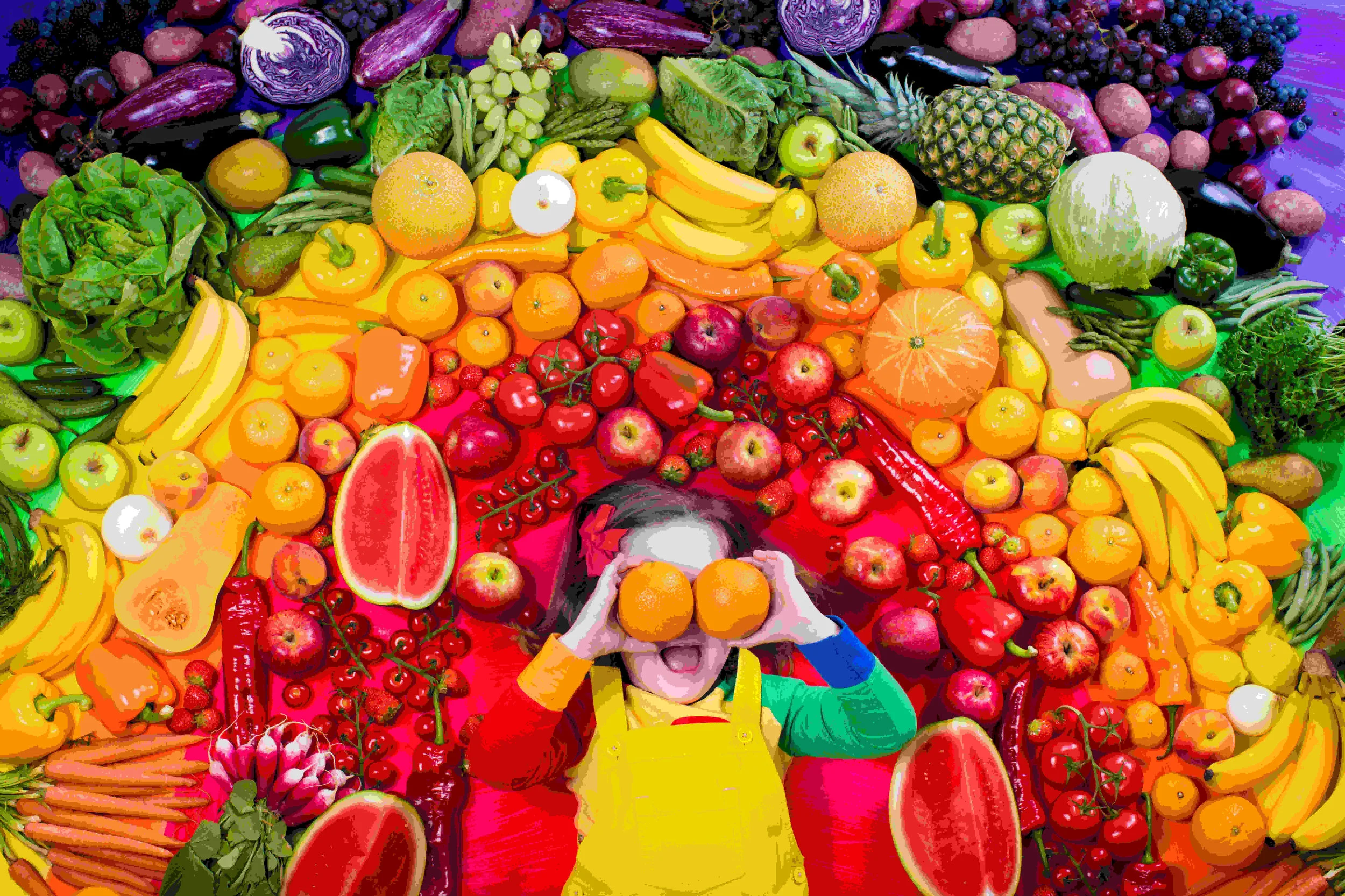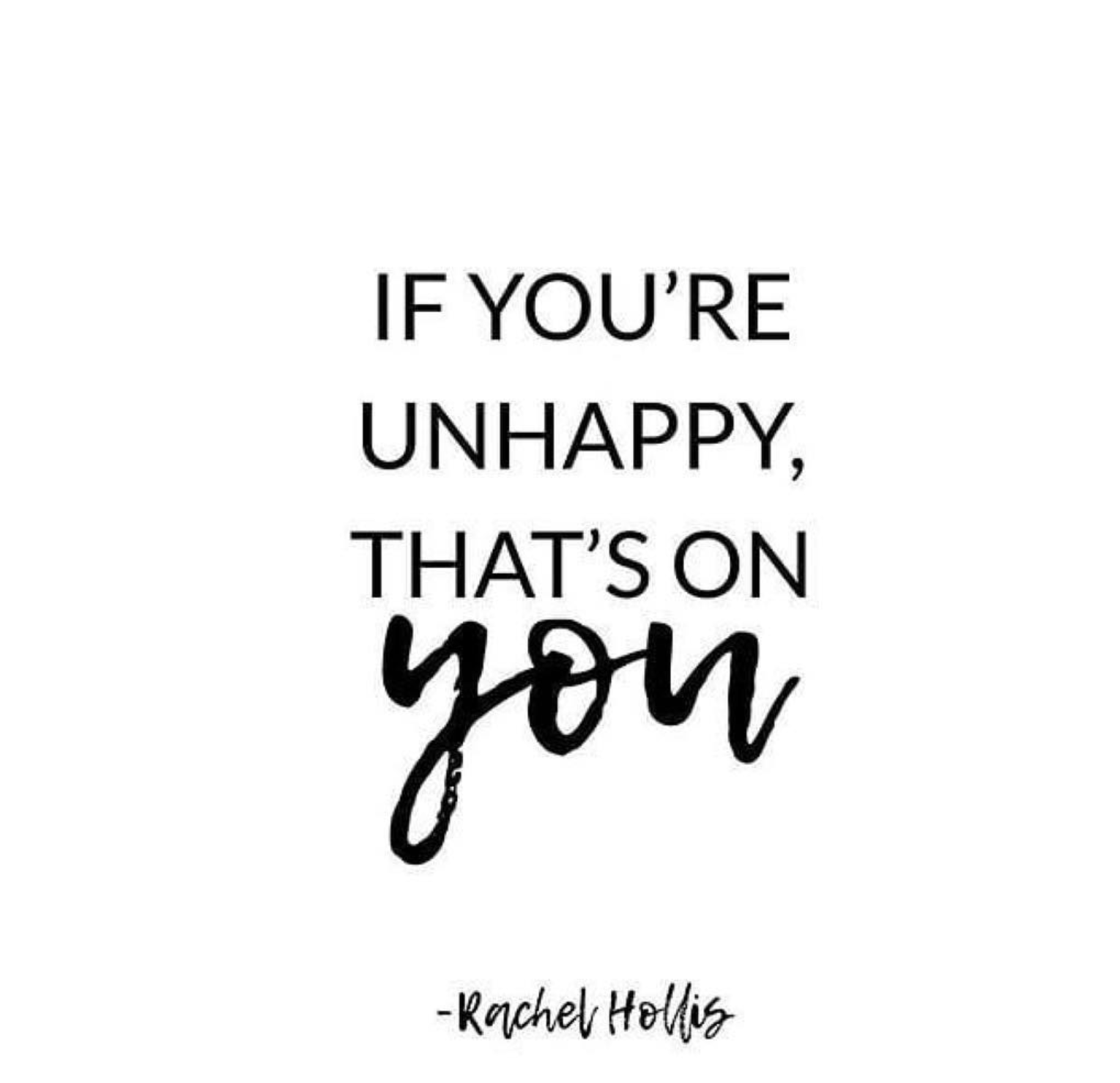The destructive habit of social comparison
The destructive habit of social comparison
In the age of social media, comparison has become almost instinctive. I am part of a generation who are old enough to remember life before Twitter and Instagram, yet young enough to have still been wholeheartedly sucked in. As an increasing number of young people begin to acknowledge their unhealthy relationship with these platforms, I often consider how my own experience with social media has shaped my sense of self, and equally, my perception of others.
While it is true that the phenomenon of social comparison is not exclusive to the online sphere, it is undeniably exacerbated by an unremitting influx of digital content. We are confronted with countless images of people who—in real life—we would most likely never encounter. At some point in the not-too-distant past, this was the playground of the paparazzi, and photographs of bonafide celebrities constituted the extent of our collective regard for perfect strangers. Society in a pre-social media era enjoyed a level of insularity that kept our field of vision finite, and while I can only speak for myself, I get the distinct sense that images of celebrities and images of seemingly ordinary people on Instagram trigger different cognitive responses.
Traditional celebrities, in my mind, tend to exist in an alternate plane, void of common expectations. For this exact reason, I have always felt it futile to evaluate myself against the rich and famous, although a degree of scrutiny is frustratingly inevitable. The rise of social media in recent years has, however, introduced an entirely new predicament. With around 1 billion active users, Instagram has emerged as the modern breeding ground for social comparison as everybody and their dog seems to participate in this performative spectacle. Overwhelmed with edited and cosmetically enhanced faces, reshaped bodies positioned in carefully calculated poses, and all manner of lavish possessions, our perception of reality can begin to warp and, in turn, our self-worth suffers as the expectations we hold for ourselves adapt.
This is a concept rooted in psychologist Leon Festinger’s social comparison theory, which suggests that humans instinctively form their sense of self based on their relation to others. Upward social comparison can become particularly problematic as it focuses on our shortcomings and how we can actively improve ourselves. To the self-assured, this may serve as inspiration, but those of us who harbour insecurities often struggle to reconcile the relationship we have with ourselves and our expectations. The biggest trouble with this is that our expectations are now grounded in a fabricated reality and are therefore virtually unattainable. For younger generations who have grown up online and who are highly impressionable, the inability to acknowledge and separate oneself from the puppetry at play on social media can be hugely damaging.
Personal appearance is just one of the more superficial points of comparison, and arguably the most historically pervasive. Women in particular have been presented with images of ‘ideal’ body types and facial features for decades, and social media simply makes these images even more accessible. The impact is evident when one considers how the Kardashian-Jenner effect has spread like wildfire, resulting in a legion of puffy-lipped, doe-eyed, ‘slim thick’ clones. Finding satisfaction in your appearance in the digital age is a constant challenge, and at times it can feel impossible. One thing we must strive to remember is that editing software and strategic angles are powerful instruments in the social media machine.
Alongside appearances are the enviable lifestyles that many Instagram influencers appear to enjoy. Round-the-clock travel, designer clothing, and no tangible stress or misfortune. It is only natural that we share our best moments and hide our worst. In everyday life, we relay our suffering only to those close to us, and the same applies online. It defies human nature to expose our vulnerabilities so publicly. Nevertheless, it helps to create an impression of life that is highly idealistic and totally out of sync with our own lived experiences. Once again, our self-esteem falls off balance as we internalise this disparity. There is surely a correlation between the dawn of social media’s ‘perfect life’ and the increase in feelings of inadequacy. We begin to ask ourselves what we are doing wrong, instead of questioning the validity of the images we are so readily consuming.
Beyond the online realm, social comparison thrives in equal measure. Speaking from experience, I can safely say that my life post-university has been rife with it. To those who follow me or know me personally, this may seem hypocritical. I went on the trip of a lifetime with two of my favourite people and returned with a brain full of treasured memories and an Instagram feed to match. As I said, we only share our fondest moments. My time abroad was, in actuality, peppered with discomfort and anxiety. I did not save the bacterial infections to my camera roll, nor did I capture the stress of constantly being on the move. I am just as guilty as the next person of evoking idealism.
Since then, social comparison for me has become significantly occupation-centred. Scrutiny of my appearance is, by this point, well and truly sealed within my psyche, but career comparison has taken on an auxiliary role. I see my friends and ex-classmates excelling in their chosen professions and I can’t help but feel like I am trailing behind. I enjoy my job, but I can’t shake the sense that I should be doing more. Some serious and continuous reflection has been essential in coming to terms with the fact that self-worth is not determined by these hollow measures of success.
Like most ailments, recognising the problem is the first step in healing. I am increasingly comfortable in the knowledge that everybody is on their own journey, operating at their own pace. It is so important to learn to find contentment in our own accomplishments without placing so much value on how we measure up to our peers.






























In the United Kingdom, the United States, and Australia, one in five women will experience sexual violence in their lifetime but 95 percent of survivors don’t report their experiences. Not officially, anyway.